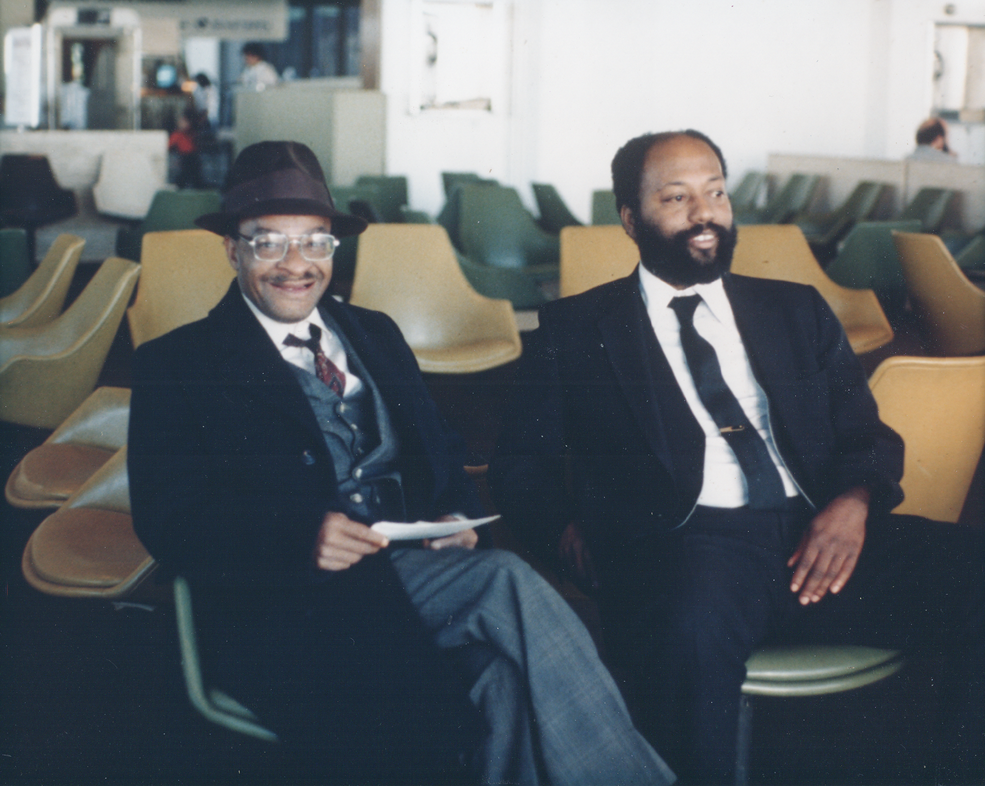Are lightning-fast, speedy fingers in your future or will your fingers be marching to the beat of a different drummer? It all depends on you and what you bring to the piano.
Technique, the process of physically moving your hands and fingers around on the piano keyboard, can be a subject that may be approached, examined, and practiced in a very superficial manner, or it can be an area of discipline which requires lots of in-depth study and devotion. Which path is right for you depends on your goals and how far you want to go with piano.
Short Story
Several years ago, a gentleman came into my office out of the blue and asked if I would teach him to play “Happy Birthday” in one month with the stipulation that I not teach him anything about “reading music or any of that other formal piano lesson stuff”. He stated that he was not interested in becoming a pianist. He only wanted to play the song at his young daughter’s upcoming birthday party.
I said “yes”;
I honored his stipulation by teaching it to him note for note by rote;
Week three he had it down; Week four he was party-bound;
He left happy, I was happy; I never saw him again!
End of Story
There have been great literary writers who were “two-finger typists” or didn’t type and all. Their so-called poor typing technique or complete lack thereof did not prevent their creative output from coming through to the world. (By the way, are you a two-finger or touch typist? Test your typing speed here.)
Similarly, there have been great composers and musicians who could not read music or play piano very well at all like Irving Berlin. His so-called poor piano technique did stop him from finding a way to share the 1,250-song output of his compositional genius with the world. It was his choice to dedicate his time and talent to being a specialist in music composition in the manner which he chose.
Like Irving Berlin, you too might become an excellent composer, a “monster” arranger, an “out of this world” orchestrator or an “expoobident” combination of all of those things.
However, if being a “player” is on your “bucket list”, then technique is a subject matter that you will be required to face as you pursue that goal. To emphasize, I’ll say that no matter how much you may know about music in your head, if you are going to be a “player”, your hands and fingers will need to be trained to obtain some level of proficiency in the discipline of piano technique.
If possible, its a good idea to learn the very basic fundamentals of technique because it provides a traditional foundation. But after a while, I feel it is a good thing for you to explore, experiment and try things that may help you develop your own relationship with the piano. Possible points of departure from traditional technique teaching are determined by your own needs and/or the needs of each student.
I don’t subscribe to or believe in the “one-size-fits-all-or-else-you’re-wrong” view that is sometimes set forth because it doesn’t take in to account the fact that the physical size and even the digital composition of peoples hands around the world vary drastically.
For me, technique is a vast area of concentration that needs more than one post to explore it in any real depth so I’ll be visiting this subject matter frequently in Art’s Corner. In working to develop your technique, you and all students are going to be presented with many difficulties and obstacles. If you really have the desire to play this instrument and keep it in your life, then even physical, mental, and emotional challenges don’t stand a chance of getting in your way or preventing you from succeeding.
Check out these videos of some people who, for their own reasons, have developed their own technique and their own relationship with the instrument they so obviously love.
I saw Will Smith quote Henry Ford on an Oprah Winfrey telecast when he said,
“Those who think they can and those who think they can’t are both right”. I couldn’t agree more! Think it! Believe it! See it! Work at it! Achieve it!
See you next post.
Happy practicing!


